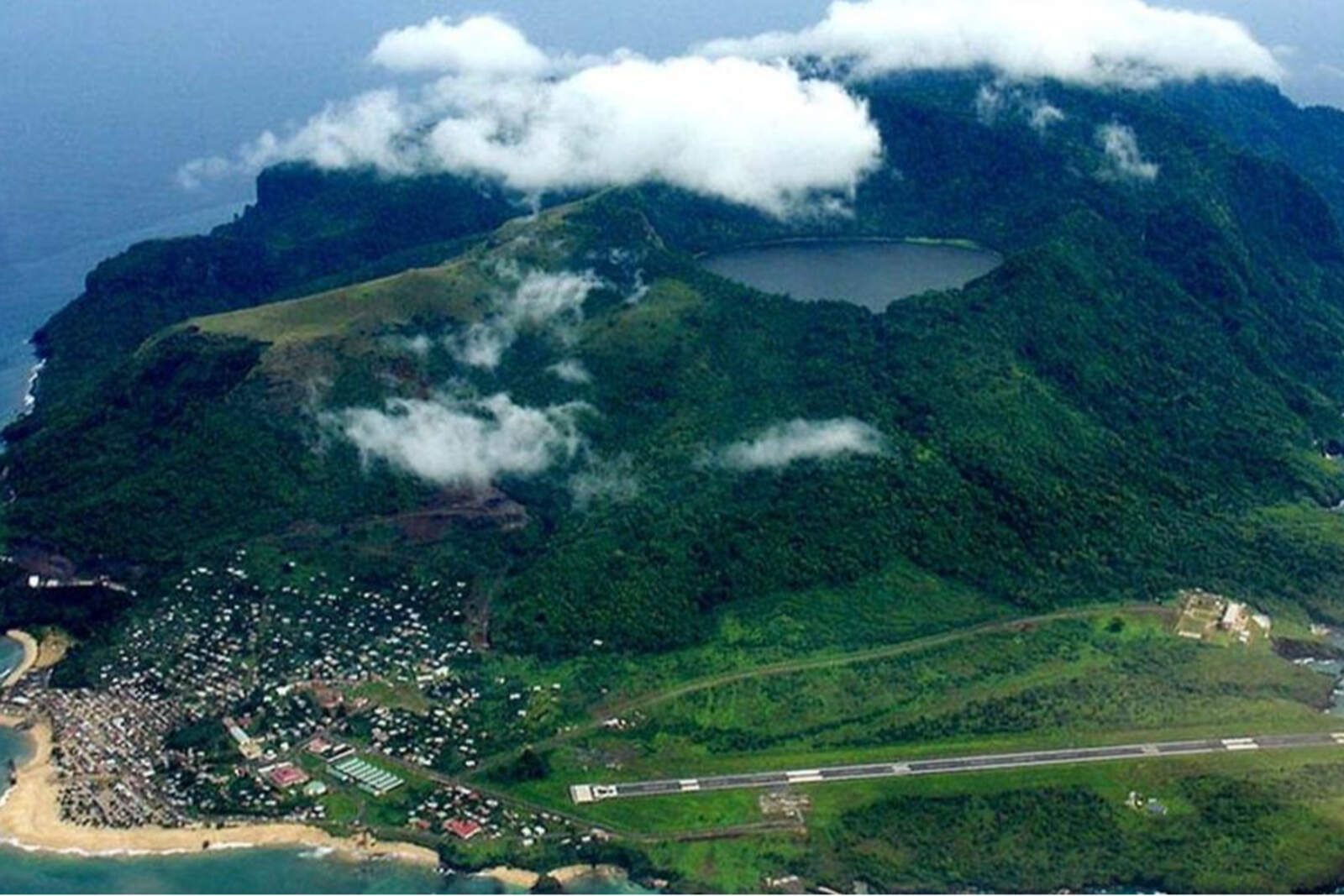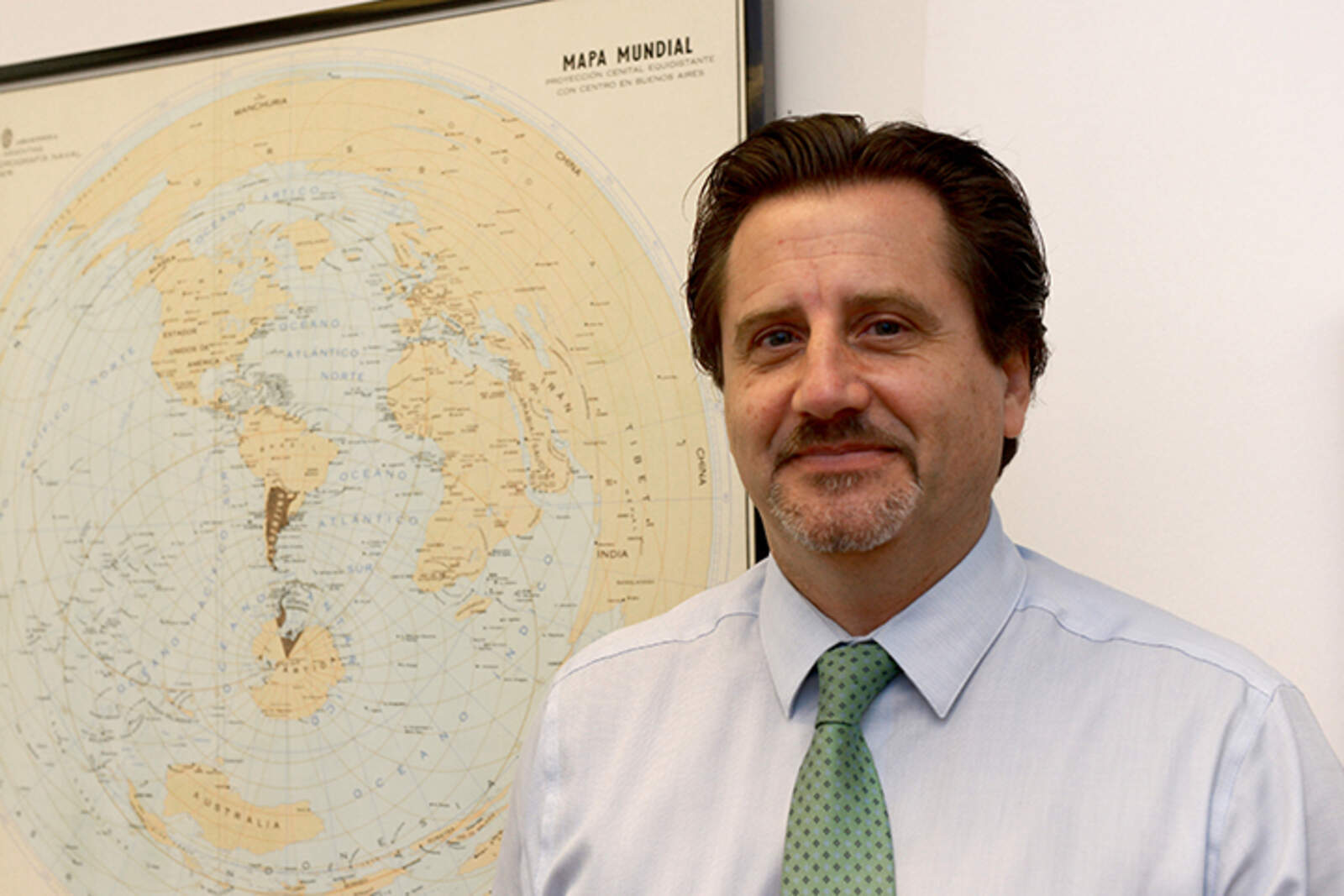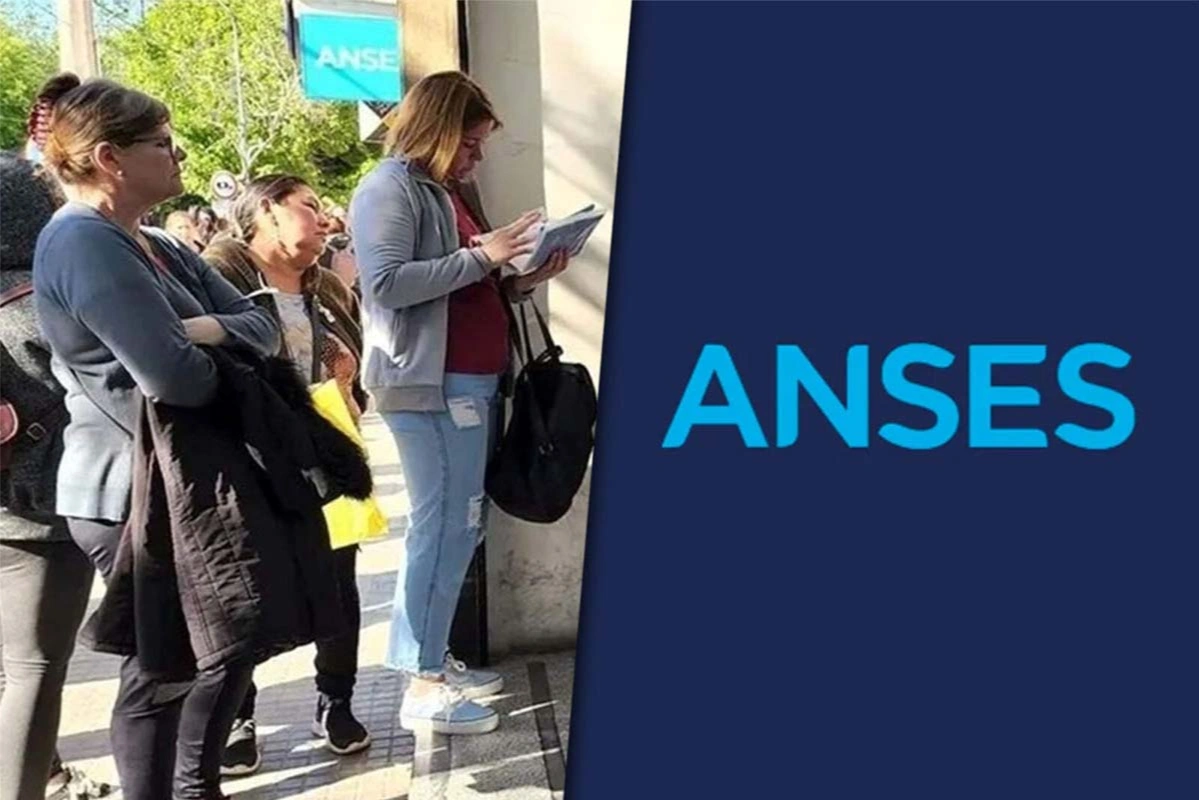In an unexpected geopolitical event, the Republic of Annobón, a remote African island located in the Gulf of Guinea, has formally requested to become an associated state of Argentina.
The surprising request was made in Buenos Aires by Annobonese Prime Minister Orlando Cartagena Lagar, who denounced a severe humanitarian crisis and asked for help in the face of repression by the regime of Equatorial Guinea, the country that currently controls the territory.
Cartagena Lagar appealed to an alleged shared historical heritage, stating that Annobón was once part of the Viceroyalty of the Río de la Plata before being transferred to the Spanish Crown in the 18th century.

Although this interpretation is historically controversial, the prime minister insisted that Argentina and Annobón are "united by history" and called for those ties to be renewed in the name of solidarity and human rights.
In 2022, Annobón unilaterally declared its independence from Equatorial Guinea, but so far it hasn't received international recognition.
Beyond the humanitarian drama, which includes a lack of drinking water, electricity, medical services, and reports of systematic violence, interest in Annobón also stems from its geostrategic importance.










